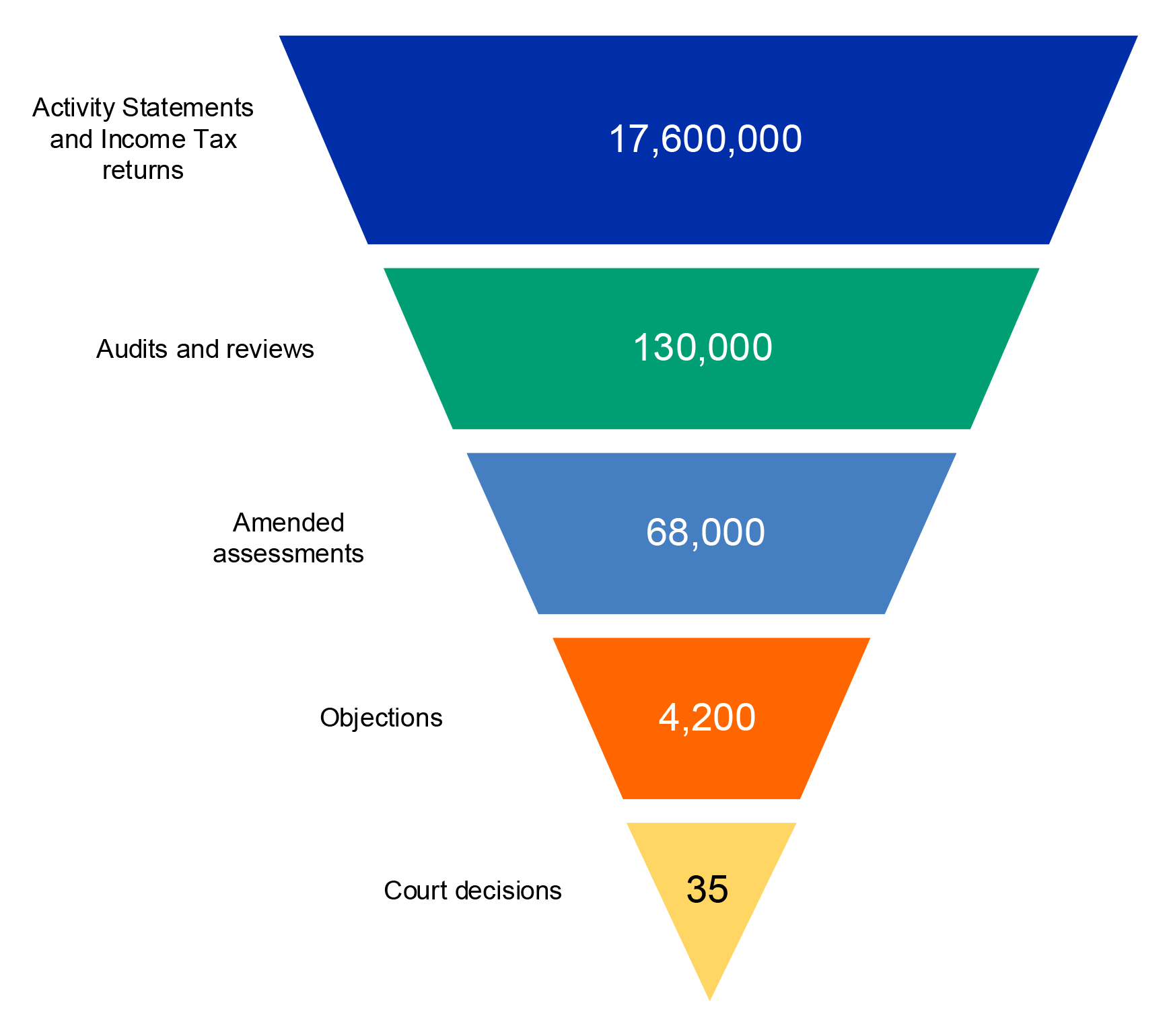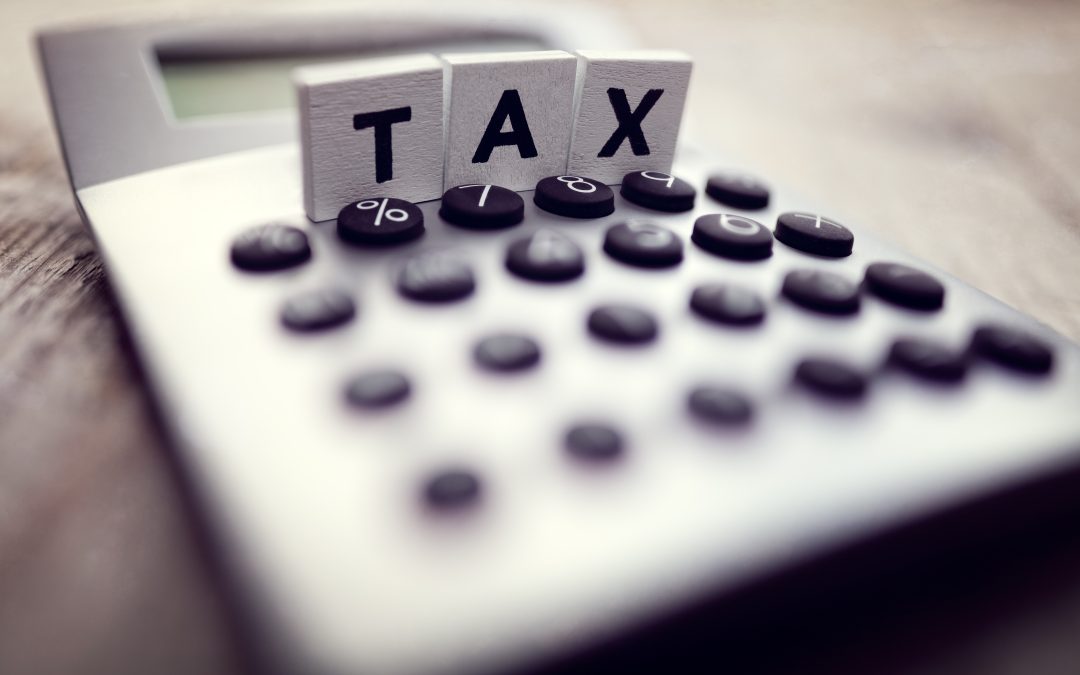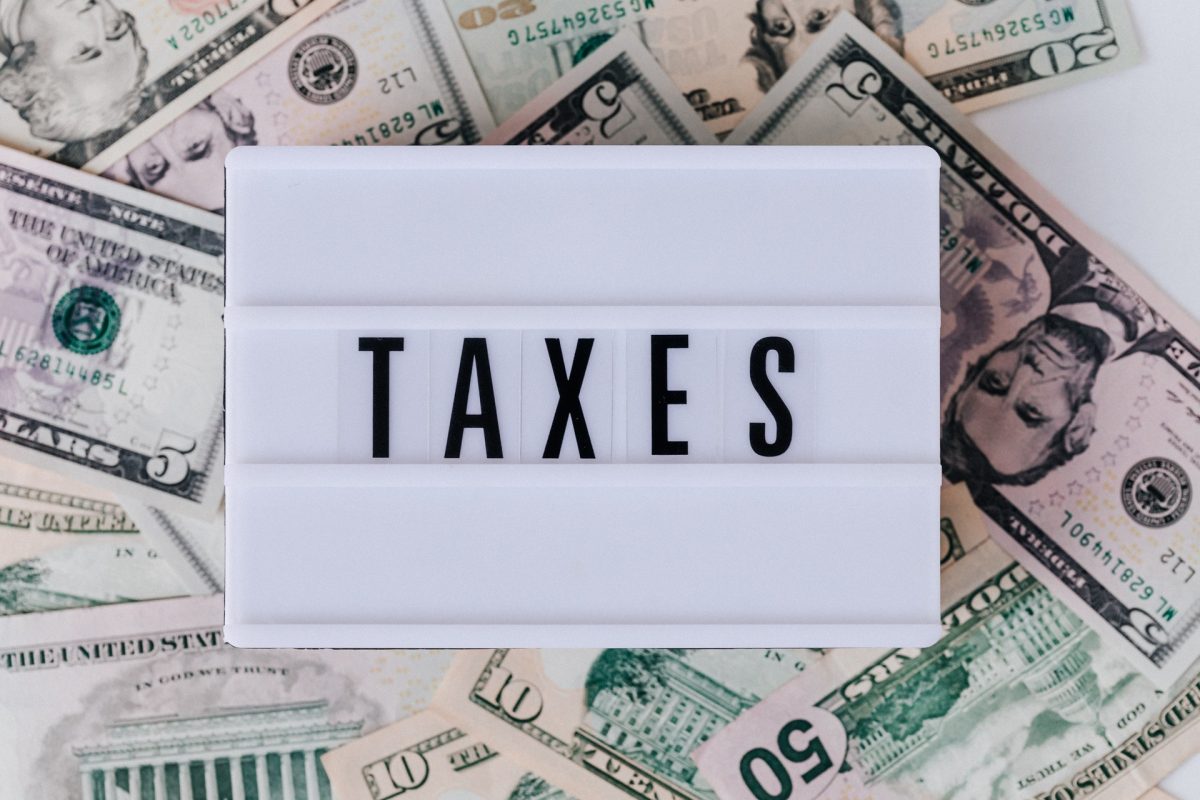How Much Tax Do Small Businesses Pay in Australia?
Understanding Small Business Taxes in Australia
When it comes to running a small business in Australia, understanding your tax obligations is crucial. Taxes play a significant role in funding government services and maintaining the country’s infrastructure. As a small business owner, it’s essential to know how much tax your business needs to pay and the various factors that can influence your tax liability. In this article, we’ll delve into the intricacies of small business taxes in Australia, covering everything from income tax to Goods and Services Tax (GST). How much tax do small business pay in Australia?
Types of Taxes Small Businesses Pay
Small businesses in Australia may be subject to several types of taxes, depending on their structure and operations. Here are some of the key taxes that small businesses typically encounter:

How much tax do small business pay in Australia?
1. Income Tax
Income tax is one of the primary taxes that small businesses must pay in Australia. It is levied on the business’s taxable income, which is calculated by deducting allowable expenses from the total revenue. The tax rate for small businesses depends on their legal structure:
- Sole Traders: Sole traders report their business income as part of their personal income tax return. The tax rate is based on their individual tax bracket.
- Partnerships: Partnerships do not pay income tax themselves. Instead, each partner includes their share of the partnership’s income in their individual tax return.
- Companies: Companies pay income tax at a flat rate, which is known as the company tax rate. As of my last knowledge update in September 2021, the company tax rate was 30% for most businesses. However, there were lower rates for qualifying small businesses.
2. Goods and Services Tax (GST)
GST is a value-added tax of 10% that applies to most goods and services sold in Australia. Small businesses with an annual turnover of $75,000 or more are required to register for GST and collect it on their sales. However, businesses with a turnover below this threshold can choose to register voluntarily.
3. Pay As You Go (PAYG) Withholding
Small businesses that employ staff are responsible for withholding income tax from their employees’ wages and remitting it to the Australian Taxation Office (ATO). The amount withheld depends on the employees’ tax file number declarations and the applicable tax scales.
4. Fringe Benefits Tax (FBT)
FBT is a tax on non-cash benefits provided to employees and associates. Small businesses that offer fringe benefits like company cars or entertainment to their employees may be liable for FBT.
5. Capital Gains Tax (CGT)
CGT is applicable when a small business sells assets like property, shares, or business assets. Small businesses may be eligible for CGT concessions, which can significantly reduce the tax payable on capital gains.
Tax Deductions and Offsets for Small Businesses
Small businesses in Australia can take advantage of various tax deductions and offsets to reduce their taxable income. Some common deductions and offsets include:
1. Small Business Income Tax Offset (SBITO)
The SBITO provides a tax offset to eligible small businesses with an annual turnover of less than $5 million. The offset can reduce the tax payable on the business’s income and is particularly beneficial for sole traders and partnerships.
2. Instant Asset Write-Off
Small businesses can immediately deduct the cost of eligible assets, such as equipment and vehicles, if they are used or installed and ready for use in the income year. The threshold for the instant asset write-off has changed over the years, so it’s essential to check the current limits with the ATO.

3. Research and Development (R&D) Tax Incentive
Small businesses involved in eligible R&D activities can claim tax offsets under this program. It encourages innovation by providing tax incentives for research and development expenses.
4. Small Business CGT Concessions
As mentioned earlier, small businesses may qualify for CGT concessions when selling eligible assets. These concessions can result in substantial tax savings, making it easier for business owners to transition into retirement or invest in new ventures. Find out more about business taxes here.
Record-Keeping and Compliance
To meet their tax obligations, small businesses in Australia must maintain accurate records of their financial transactions. Good record-keeping helps businesses calculate their taxable income correctly, claim deductions, and demonstrate compliance with tax laws if audited by the ATO.
Conclusion
Small businesses in Australia face a variety of tax obligations, from income tax to GST and payroll taxes. Understanding these taxes, taking advantage of deductions and offsets, and maintaining proper financial records are essential aspects of managing a small business’s finances. Staying informed about changes in tax laws and seeking professional advice when needed can help small business owners navigate the complex world of taxation in Australia and ensure they meet their obligations while maximizing their financial efficiency.

